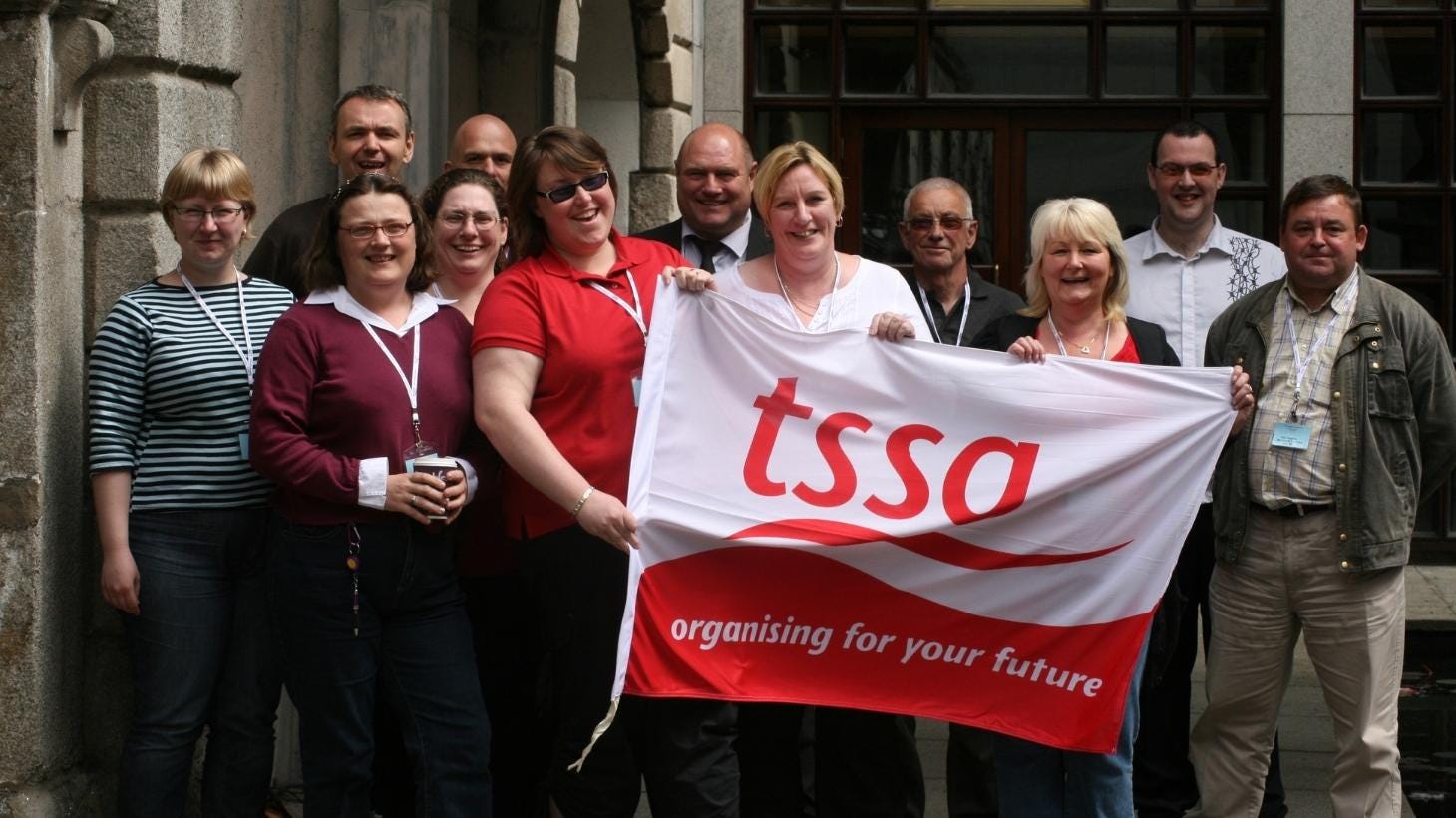Important information for New TSSA Reps

When starting your journey as a TSSA Workplace Rep it can really help to get information on your role, your rights and how you can support members through workplace issues as soon as possible. Here is a quick summary of some key information that will help you get started in your role.
ACAS Code of Practice 1 – Disciplinary and Grievances
Your employer will have processes and policies on disciplinary and grievances, negotiated with the union, and they should reflect the key principles included in this code of practice and associated guides. TSSA may have negotiated better and stronger policies and you will need to follow those specifically when representing members, so do remember to ask for and check your company documents. This code of practice is periodically updated so refer back to the website to keep up to date. Please note for information on Ireland and Northern Ireland please contact our Helpdesk.
ACAS - Code of Practice on Disciplinary and Grievance Procedures
ACAS Code of Practice 3 – Time off for Trade Union Activities & Duties
One of the first questions a new rep asks is “Can I get time off for that union meeting?”. This code of practice will help you understand what you are entitled to in terms of time off. Often further clarity is required so TSSA may have negotiated specific arrangements with your employer. If you have any difficulty in getting paid release for union meetings and activities, discuss it with your union organiser or contact the Helpdesk to see what can be done. Ongoing issues of release can be very frustrating for reps, so addressing this early on is important. This code of practice is periodically updated so refer back to the website to keep up to date. Please note for information on Ireland and Northern Ireland please contact our Helpdesk.
Health & Safety Executive – Consulting Workers on Health & Safety
Written by the Health & Safety Executive as a guide for employers, this book outlines the law and guidance on how to consult and involve employees and their representatives (that's you!) on health and safety matters at work under the Safety Representatives and Safety Committees Regulations 1977 (as amended) and the Health and Safety (Consultation with Employees) Regulations 1996 (as amended). It explains the relationship between the two sets of regulations and how they affect you and your workforce; in some workplaces you may have to consult under both sets of regulations. Again, find out about your workplace processes, committees and structures also, to ensure they are complying with the regulations and any agreements with TSSA.
Health & Safety Executive - Book

TSSA Equality Agenda
Our union takes the lead on equality in our industries. Our Equality Agenda sets out the good work we are doing and how members can get involved. Our strategy to engage employers in these issues and create real change for our members is explained here, along with 10 reasons why people should join TSSA and support equality!
Reps Areas
Our TSSA Website includes areas for reps where we have many resources and tools to support you dealing with a variety of issues. Don’t wait for the course or event that will cover the issues you are working on now – look through this information and get the support you need immediately.
Helpdesk
Any member of TSSA can access our Helpdesk on a range of issues. Not only for emergencies, you will have a direct line to our solicitors and be able to source any point of law or be signposted to the right support within your union to tackle your issue. As a rep, this is an invaluable resource where you can ask specific questions about legal matters to help with a case or be linked with other reps in your area to discuss any matters further.
Going Beyond
Our Going Beyond Community of Practice approach to education is a key part of the support and development of every TSSA Rep, especially when you are starting out in your role. All new reps will be added to the Onboarding Community of Practice for New Reps once you have completed your first Reps Intro Session. Over the first 6-12 months in your role, through the Community of Practice (CoP) you will have access to a range of information, events, materials and network opportunities to help you in your role. Your learning will be continuous and you will have the ability in the CoP to identify and answer questions on topics that matter in your workplace now.
